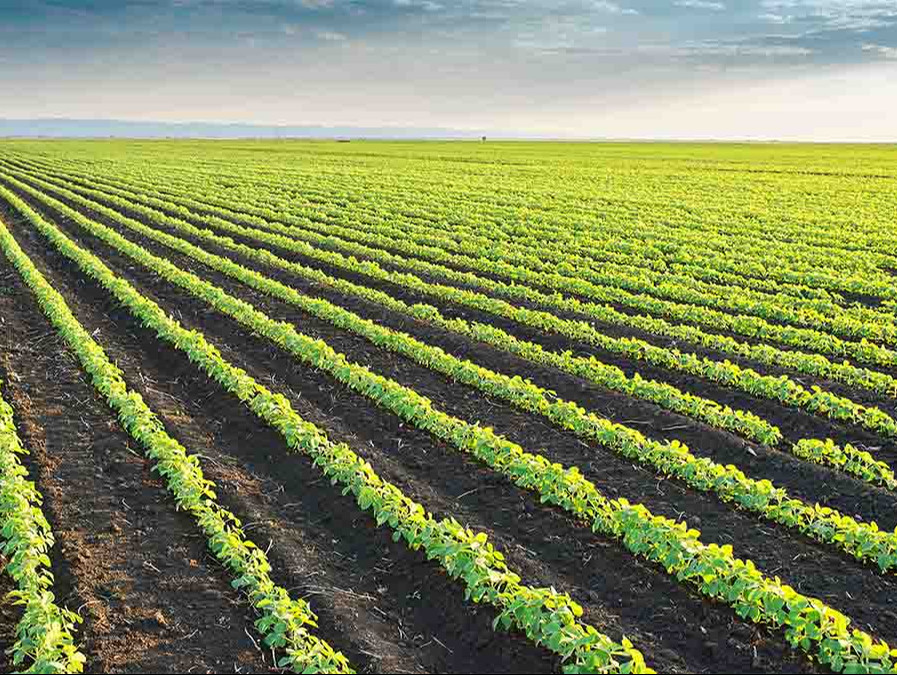
While the negative environmental effects of chemical crop protection agents, including glyphosate, are undeniable, WUR researchers Violette Geissen and Pieter de Wolf highlight a paradox. An outright ban could push farmers towards less effective chemical alternatives. These alternatives might even be used more intensively, posing risks to both humans and the environment. Furthermore, some non-chemical methods, like tilling, can harm soil ecosystems and exacerbate climate change.
The debate over glyphosate has been rekindled by the European Commission's proposal to extend its approval by 10 years. Geissen and De Wolf have presented their findings to the House of Representatives. They emphasized the harmful effects of glyphosate on ecosystems and potential health risks to humans. Violette Geissen noted that humans can be exposed to glyphosate both through the environment and food consumption.
Nevertheless, both experts do not advocate for an immediate total ban. As De Wolf suggests, it's more crucial to aim for a reduced use of crop protection agents. Technologies like cameras, sensors, and Artificial Intelligence can assist in identifying and targeting weeds and crops. Simultaneously, there's a need to focus on the development of non-chemical methods.
The core message? As we strive for sustainable agriculture and environmental protection, we must be cautious about abruptly prohibiting current solutions. A balanced approach coupled with technological advancements may together hold the key to a healthier future for both humans and the environment.
Source: WUR